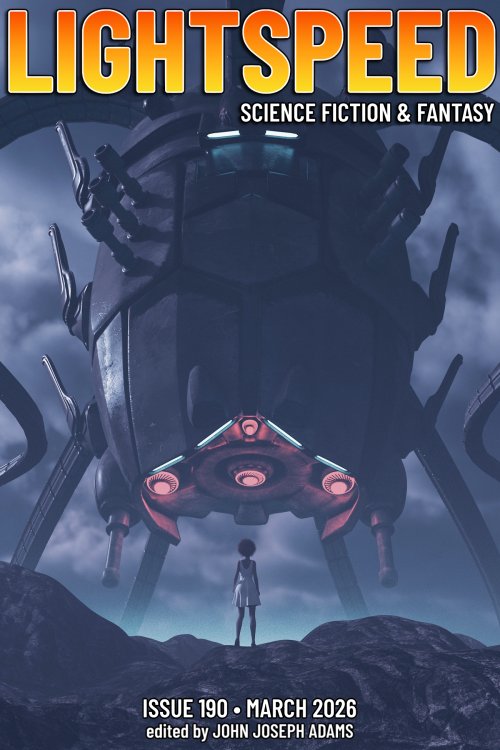Author Spotlight
Author Spotlight: Alexander Weinstein
Much like happiness and peace are doorways, I see humor as a gateway to expanded consciousness. Humor and laughter expand our spirits outward, while fear and violence force our spirits to cower. In this way humor is transformative, revolutionary, and healing. My hope—as far as the larger market trends go—is that we’re entering a new age of art.









